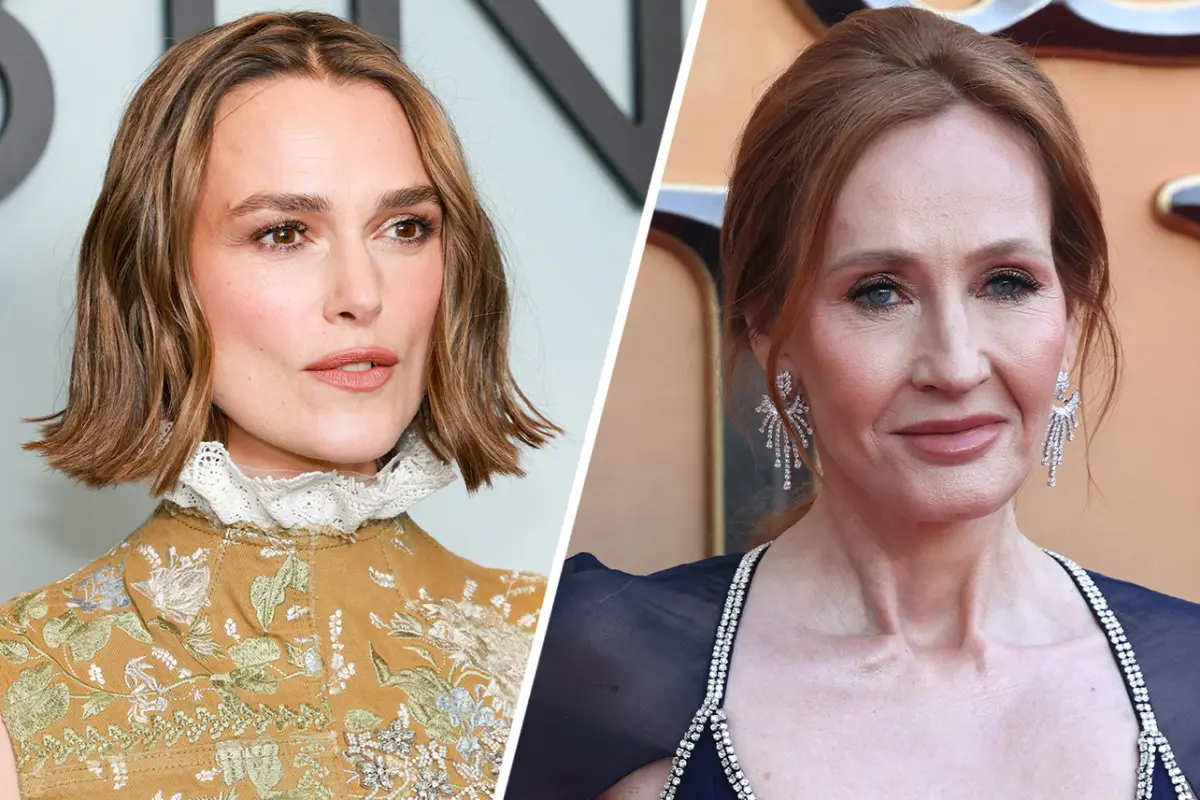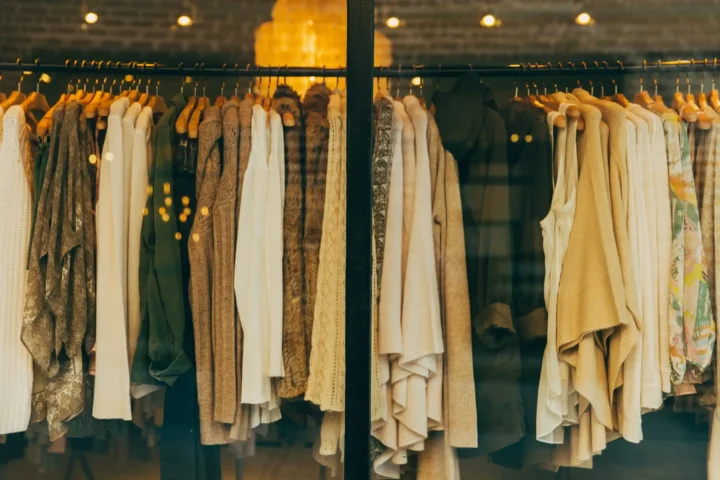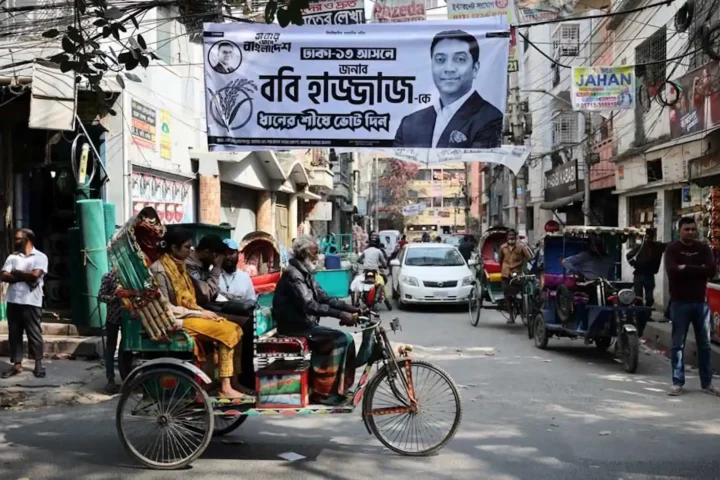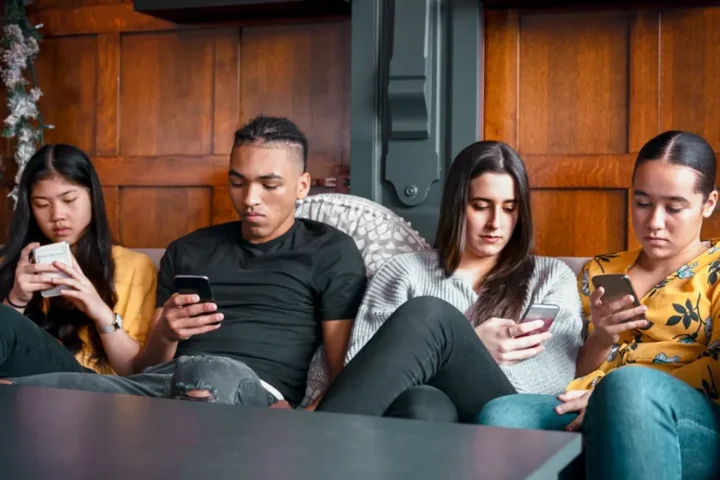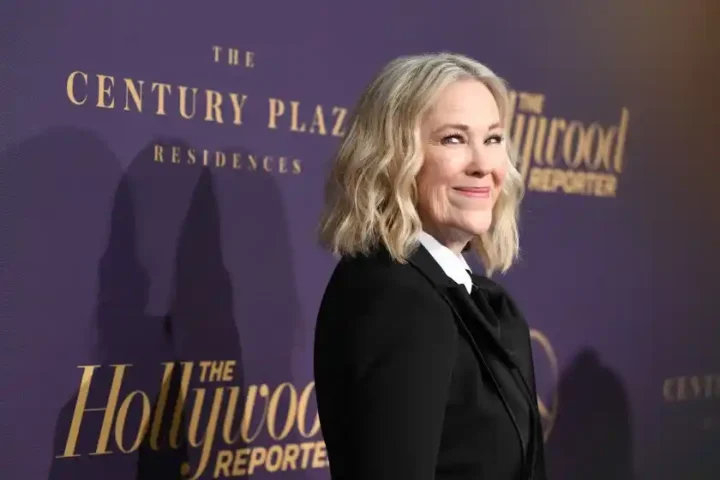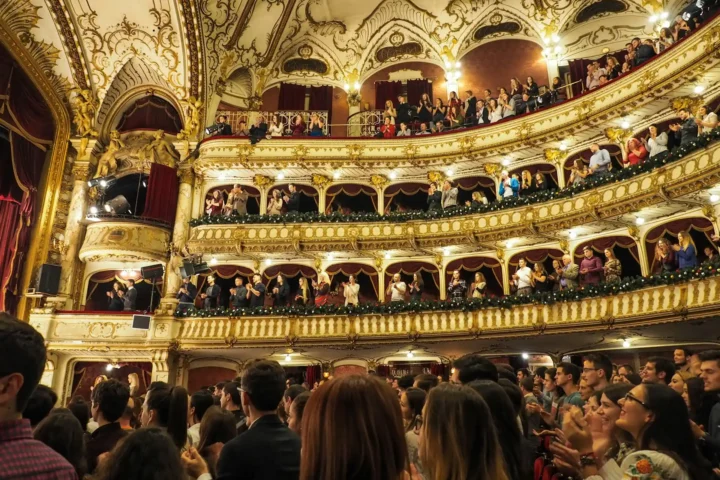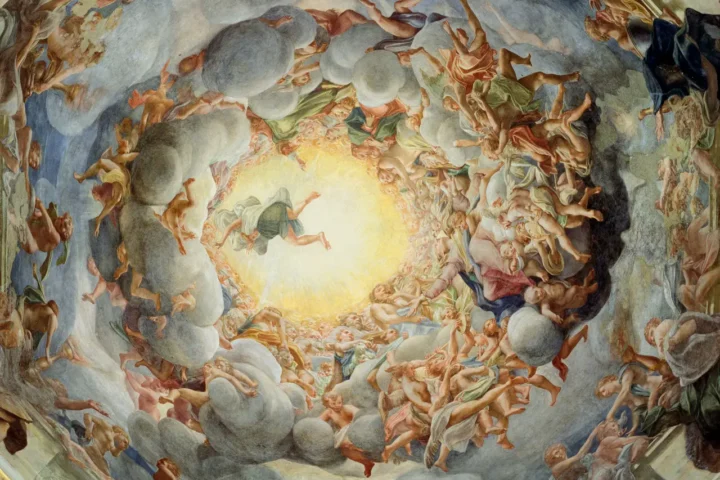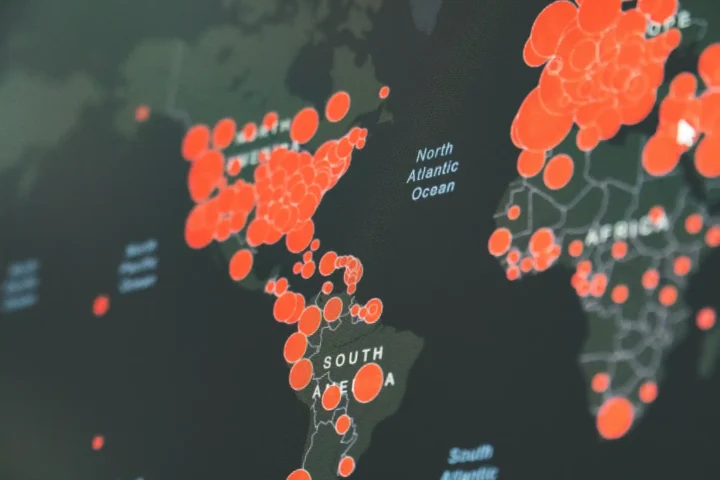Keira Knightley recently found herself at the epicenter of a familiar cultural tempest: the continuing reckoning with J.K. Rowling and the franchise that once promised hope and belonging to a generation now grown wary of its author. Knightley’s recent apology—delivered with a guarded sincerity and a hint of English self-effacement—came in response to a surge of criticism after her casting in a prominent Harry Potter audiobook project that arrives precisely as the call to boycott the wizarding world’s extended universe gains renewed intensity.
The Anatomy of an Apology
Knightley, upon learning of the mounting “boycott Harry Potter” movement, confessed her initial ignorance. “I was not aware of that, no. I’m very sorry,” she stated, emphasizing a hope for “mutual respect” at a time when cultural alliances are policed more fiercely than ever. The apology, limned with irony, stoked as much critique as it sought to quell—her tone, described variously as “wry” or “blithe,” was, for some, insufficient against the charge of complicity; for others, it was a measured response to the latest gauntlet thrown before the arts.
Why Harry Potter Is Once Again Under Siege
The movement to boycott Harry Potter is less an eruption than an ongoing, methodical exodus. Rowling’s comments on trans rights—once perceived as an unthinkable affront, now a recurring schism—have led to sustained estrangement between vast segments of the fandom and the brand that once united them. Rowling’s insistence on narrowly legalistic definitions of sex and gender is read by opponents as antithetical to the series’ ethos; her supporters cite freedom of speech and “womanhood” under UK law.
In consequence, cultural participants—actors, authors, and millions of once-ardent readers—face the perennial question: Can the magnum opus be sundered from its creator, or must the entire edifice be abandoned?
The Broader Implications
Boycotting Harry Potter has become something of a cultural litmus test—one that implicates not only those who consume but also those asked to create anew within J.K. Rowling’s universe. Streaming platforms and publishers, propelled by a mix of market forces and moral anxiety, must now reckon with both commercial risk and social responsibility as they craft new adaptations and releases.
Knightley’s intervention—accidental or otherwise—underscores the evolving rituals of apology and the paradoxes of artistic inheritance. The public’s demands for accountability have never been sharper; the stakes, perhaps, never higher for those who step—even unwittingly—into Rowling’s shadow.
What this means for you: Knightley’s apology and the ongoing boycott serve as potent illustrations of the moral negotiations required of modern artists, readers, and institutions. The legacy of literary icons and the responsibilities of their inheritors remain critical, perhaps perennial, questions—demanding, as ever, not easy answers but an ongoing, public dialogue about the cost of conscience in the marketplace of story.
